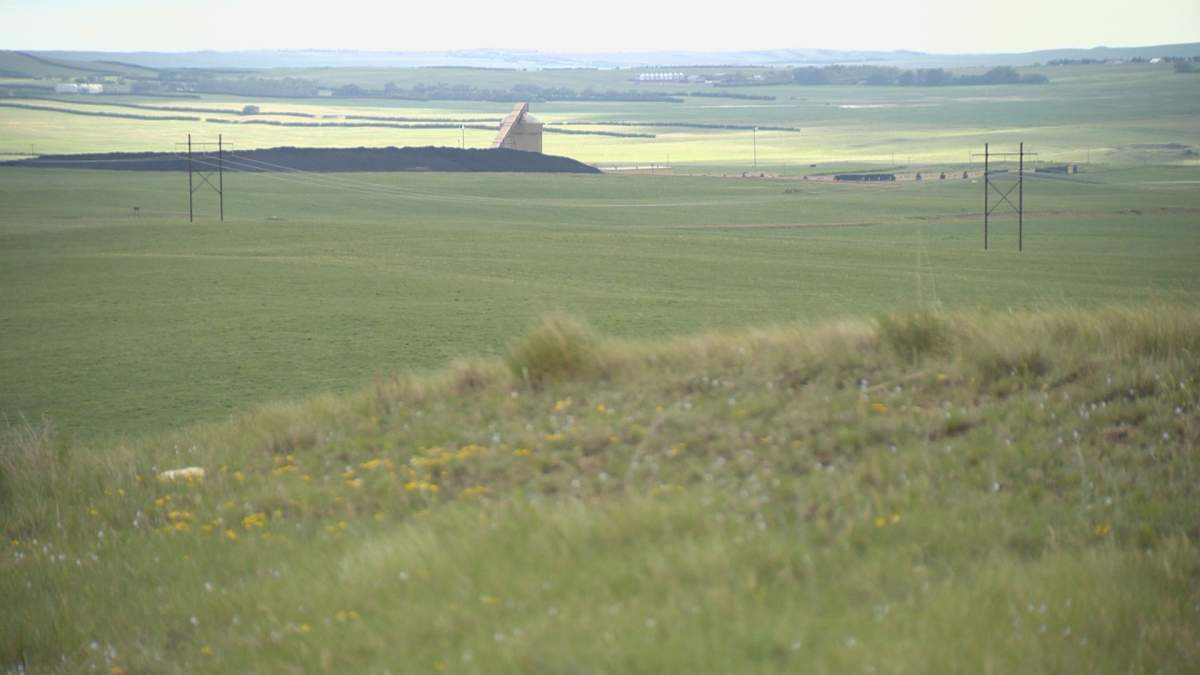The Town of Coronach has released an economic transition plan that will help the community thrive as they move away from coal.

“We are a rural community facing a lot of issues, but we do want to be progressive, we do want to take our future into our own hands, and be really strong advocates for ourselves,” said Kristin Catherwood, the economic transition co-ordinator for the Town of Coronach.
The local economy relies heavily on Westmoreland Coal Mine and the Poplar River Power Plant, but they’re expected to close by 2030, which would put over 300 employees out of work.
According to an MDB Insight report released this week, population projections for the town of Coronach and the RM of Hart Butte include a 42 per cent population loss by 2036 and an additional population loss of 25 per cent by 2041.
“We really are taking an optimistic view of the future even though those numbers are hard to see,” Catherwood said.

Get daily National news
“That’s why right now we’re doing this work. As of now we have 10 years. We have a decade to try and figure out a future for Coronach that’s going to vibrant, and resilient.”
The community’s main focus is to transition the existing workforce into long-term and sustainable jobs in the region.
“What we need to do now is really be looking forward to what is the future for this area, and how do we work together regionally to work on our existing assets to create new industries that will keep people living and thriving in this area,” said Catherwood.
The report by MDB, a consulting firm, found Agribusiness, tourism, power generation and resource development could be a huge economic driver for the region. These are all industries Coronach will explore in the next decade as they transition away from coal.
The municipality has established a regional committee that will utilize provincial and federal funding to help with their transition. Earlier this year, the government of Saskatchewan announced a $10 million commitment to communities transitioning away from coal. Over $105 million in federal funding is also available for coal impacted communities.
“There is an obligation by Crown corporations and government to recognize that this community is facing pressures that it wouldn’t have faced without this industry which has provided power to Saskatchewan and will continue to for another decade. It’s provided an essential service to the rest of the province,” Catherwood said.
Now that Coronach has a transition plan, the next step is to implement the strategies highlighted in the report.
“What we’re living in is a community that is uncertain. But it is a community that is very committed to a future, and staying in this area,” Catherwood said. “People love this area and want to stay. We’re really excited about working together to make that happen.”








Comments